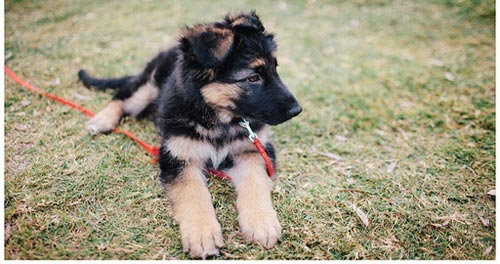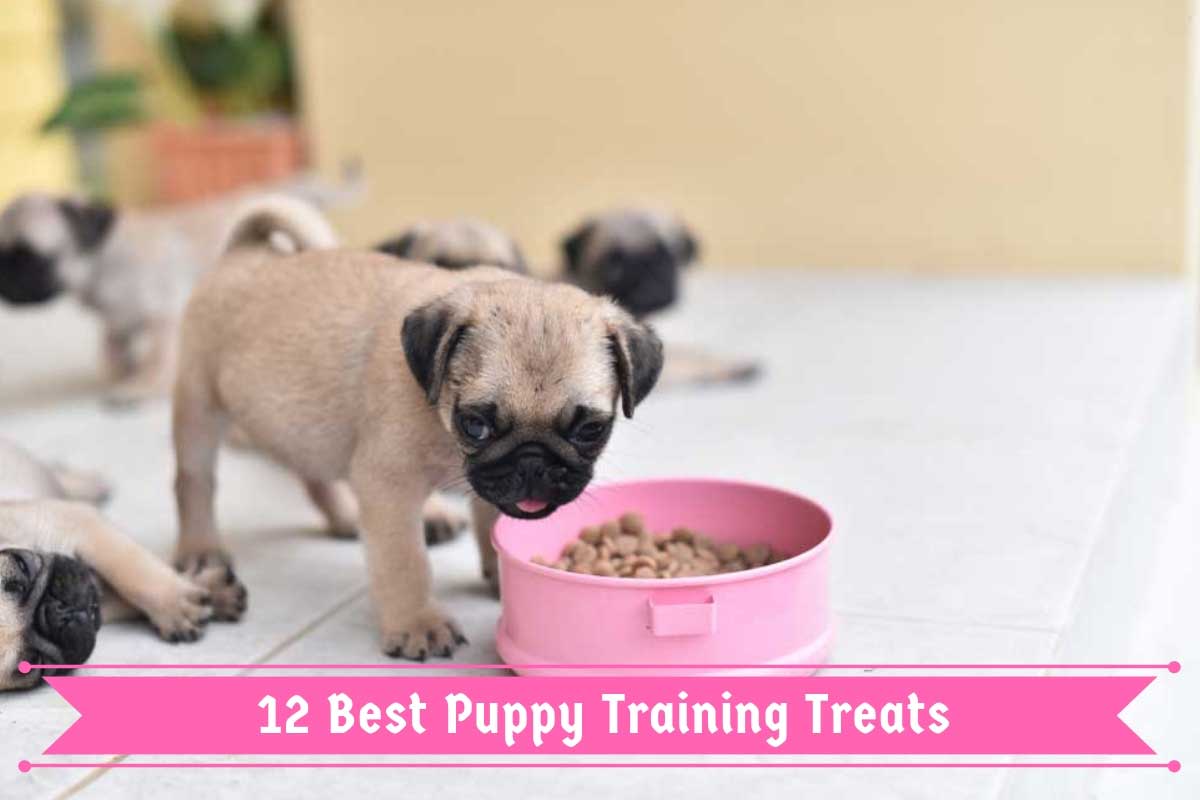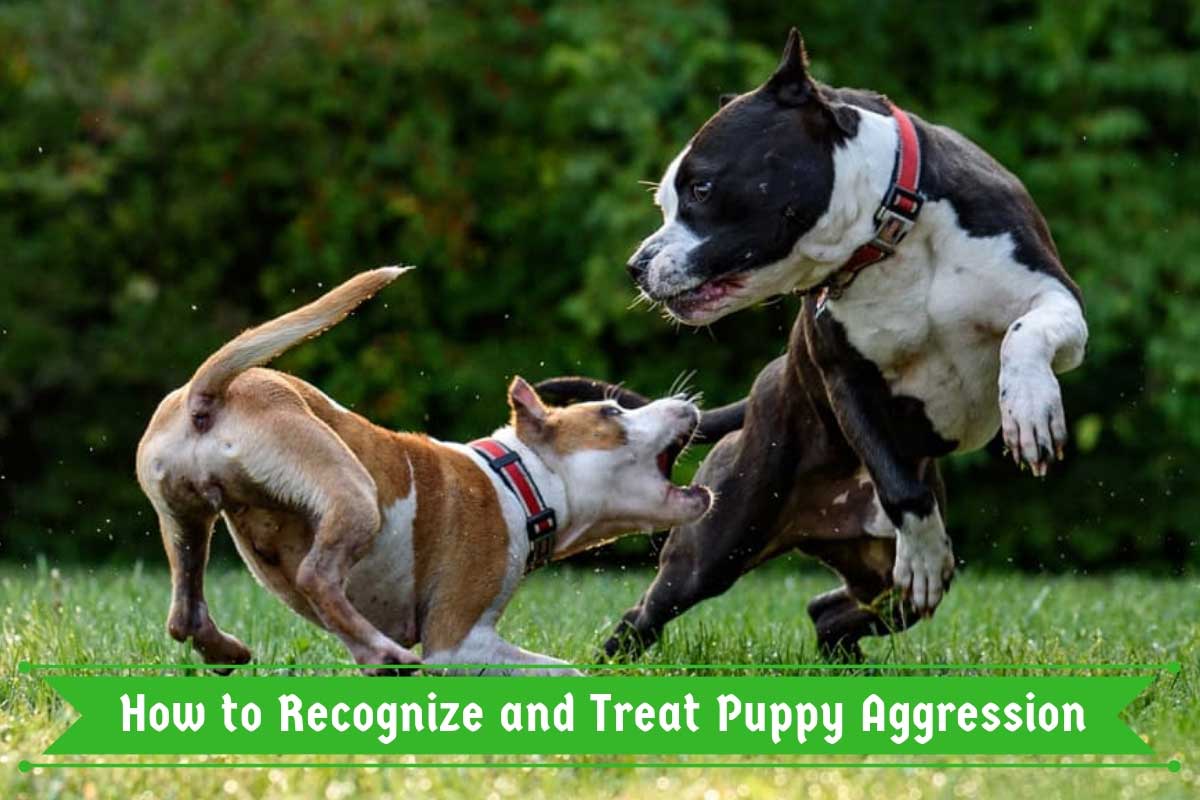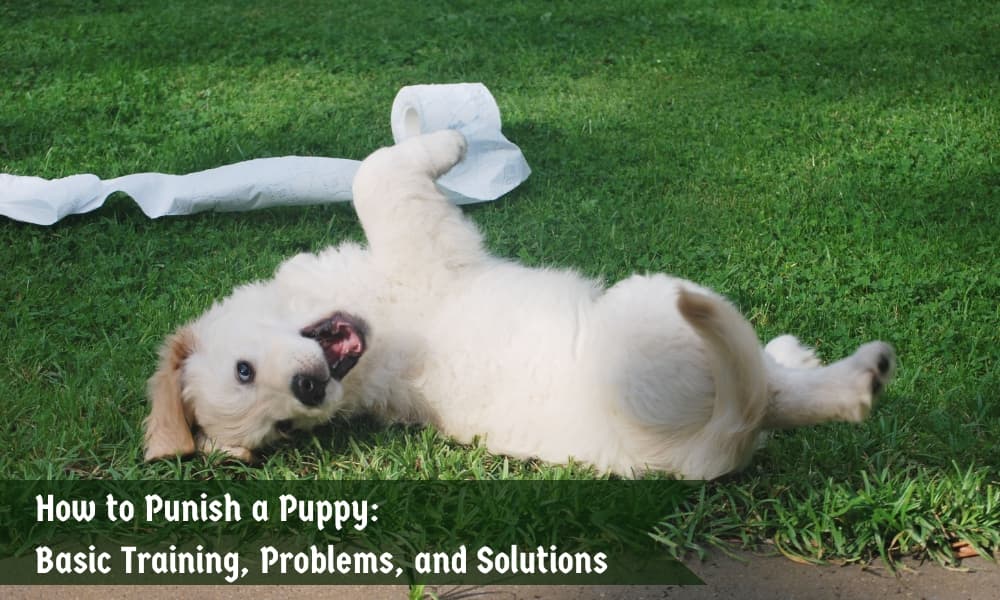
No matter how cute and cuddly or playful and rambunctious your little dog is, there comes a time when you have to work on correcting any negative behavior your pup may exhibit, from pottying inside the house to biting you.
Sometimes, training your puppy can be hectic and you need a way to discipline your pup so it can learn how to act around others, on a leash, and in other social situations.
Training and disciplining most puppies doesn’t have to be difficult. There are several easy methods to help you train a pup into obedience.
Here are some tips for punishing your puppy as well as some acceptable methods of discipline to teach your dog good habits and avoid problem behaviors.
Contents
Tips for Teaching Your Puppy Good Behavior
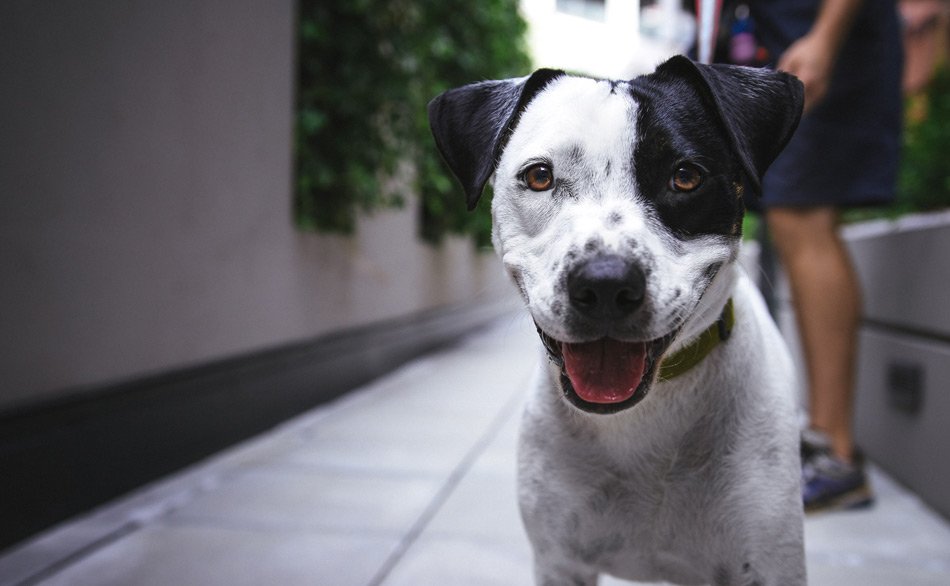
Before you try methods for disciplining your puppy, there are some things that are important to note before you start. These tips will guide you on your puppy-training journey.
- First and foremost, never discipline in anger. Never physically punish your pup. Not only is it just wrong but it can lead to aggression in your pup down the road.
- Another bad form of physical punishment for your pup is to rub its face in its mess when it has an accident in the house. This can lead to anxious behavior anytime they need to head outside to use the bathroom in the future. Instead, simply show them the mess they made and take them outside so they can learn it’s inappropriate to potty inside your home.
- Before disciplining your dog, always support positive feedback for positive behavior. In most cases, positive feedback has more of a chance of correcting bad behavior than any form of discipline. Our methods are last resorts for stubborn puppies.
- Make sure discipline and training are consistent, right from the moment your pup comes home with you. If you aren’t consistent with your puppy, training isn’t going to stick.
- Only discipline your pup within a couple of minutes of the incident. Otherwise, your pup might not understand why they’re in trouble.
- Have a routine for your puppy. If you always feed your pup at the same time, they’ll need to potty around the same time which makes it easier for them to learn that when they need to potty, they need to go outside. Setting a time for play works well, too.
- If our methods don’t work, you may want to invest in a professional dog trainer to correct any bad behaviors.
Methods for Disciplining Your Puppy
We’ve gathered the best training methods for discipline for puppies. Each method has its own logic behind it and tons of people have found success using these methods.
Method #1: Ignore Bad Behavior
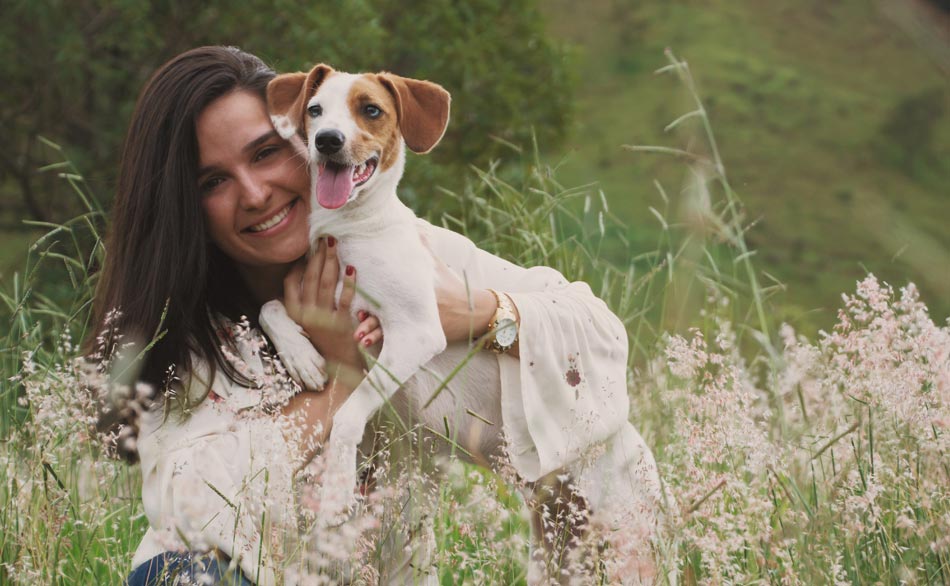
One of the easiest methods for disciplining your dog is simple: ignore any bad behavior or misdeeds when your pup is acting out.
Just like humans, dogs thrive on attention and love.
So, if your pup does something you don’t find acceptable such as barking at the neighbors or biting you, ignore them.
Eventually, your pup will learn that they can’t get your attention or love by behaving badly. They’ll learn fast what gets your attention and what doesn’t.
A lot of bad behavior by puppies is rooted in desiring attention. Stop the attention and you’ll stop the behavior.
Method #2: Use a Firm Voice
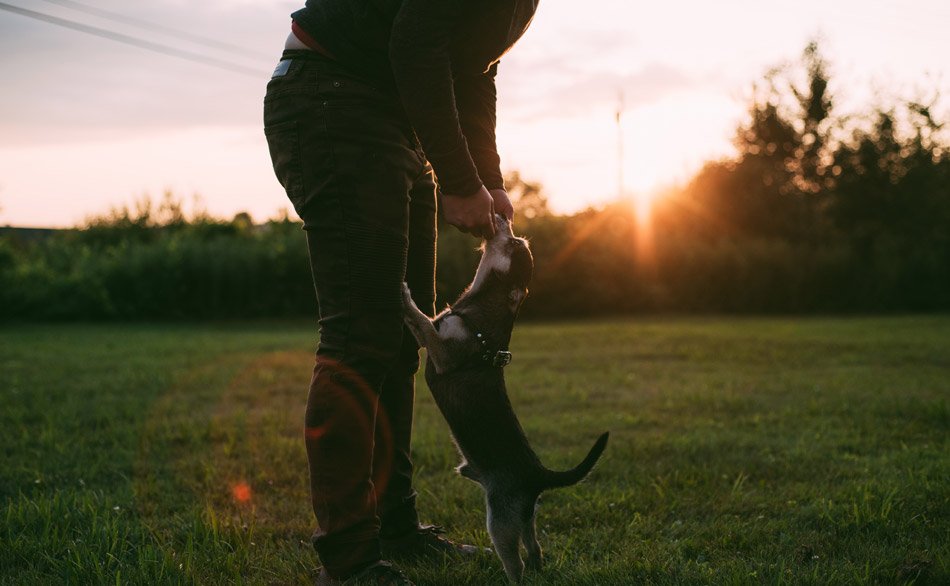
Another method for disciplining your pup is to use a firm voice when they are acting out.
Keep in mind, this doesn’t mean yelling or screaming at your pup which can cause anxiousness and aggression. A firm tone of voice works best.
Use a word like “no” or “stop” each time you discipline your pup. Consistency is key so they learn the word and that it entails that they are in trouble.
Not only should your voice be firm but you should also act calm but commanding so your pup knows who’s in charge.
Method #3: Distract Your Puppy
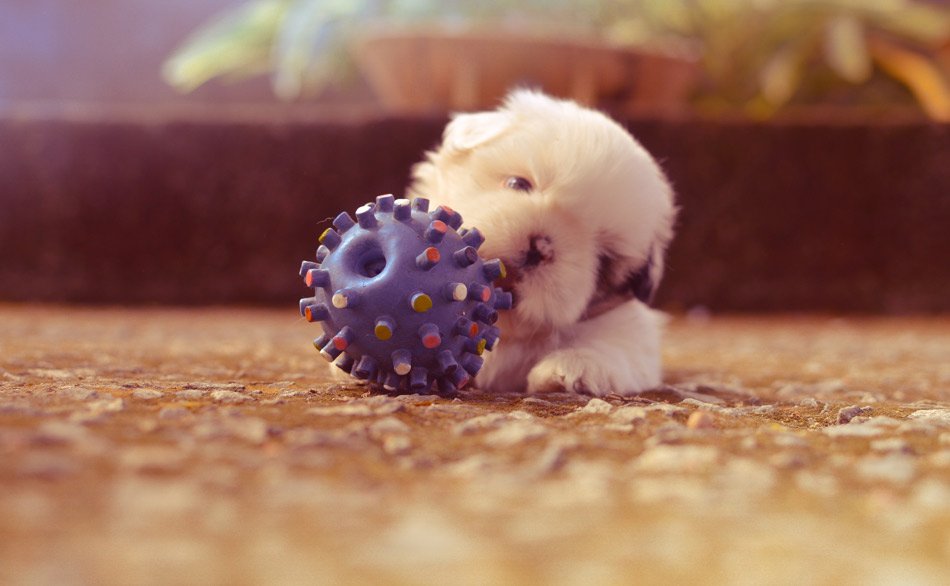
Our next method is to distract your puppy from their bad behavior. You can start by using a loud noise as a distraction when they’re in the middle of doing something that’s not acceptable.
The noise might be clapping your hands together or snapping your fingers loudly. Whistling is another great noise to get your pup’s attention.
There are also products with an ultrasonic sound that will get your pup’s attention if other methods don’t work.
When you have their attention, it’s time to redirect it to good behavior. For example, if your puppy is chewing on your couch, give them a tug-of-war rope or a chew toy.
After so many times of doing this, your puppy will go to their toy when they feel like chewing instead of going to your couch.
Another example is If your puppy is always barking at your neighbors or cars driving by your home, close your curtains and start playing with your pup.
Method #4: Put Your Puppy in Timeout
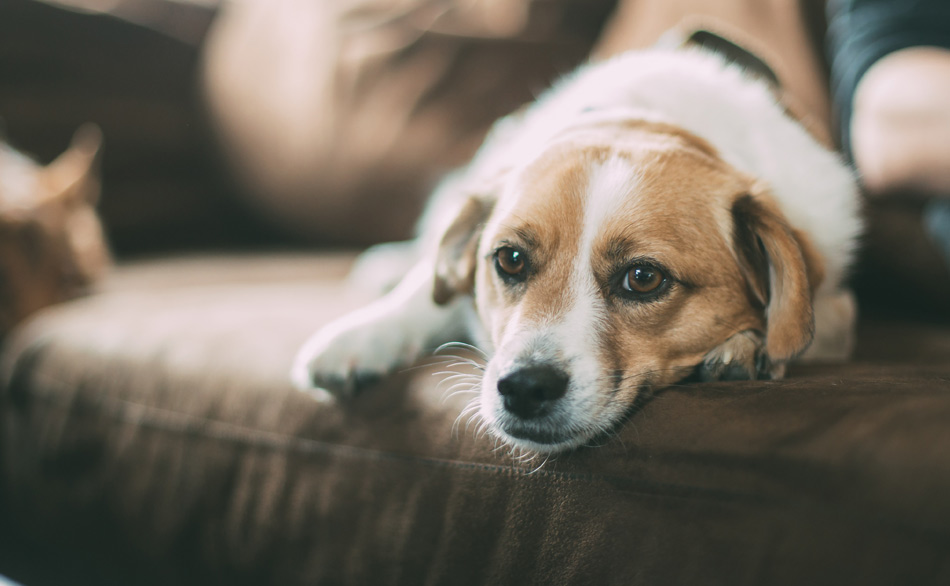
Timeouts are another form of discipline for your pup. As we stated earlier, puppies need attention and love. So, isolation after they’ve done something wrong works well as a form of punishment.
When your puppy is misbehaving, stop the behavior immediately by putting your pup in timeout.
This can be a timeout in a specific room in your house or a crate if you own one. Leave your pup alone and refuse to give them your attention. Keep in mind that this timeout shouldn’t be longer than 10 minutes.
They’ll get tired of being isolated and learn that their behavior isn’t okay with you. They don’t misbehave to anger you or upset you. They learn that what they’re doing isn’t okay.
The Bottom Line
We hope these discipline methods help you with any bad behavior that your puppy may be exhibiting. You don’t have to live with a puppy who’s terrorizing your home, just use these simple methods to discipline and punish your puppy.
I grew up in a household that was filled with animals. I believe that my fate as a dog-loving person was sealed in early childhood since my parents owned several dogs of varying sizes and breeds. There was no choice but to take care of and learn about dog habits and the best animal care practices — otherwise, I’d be clueless about how to go about the creatures I was surrounded by day and night.
As a life-long puppy lover, I know a thing or two about dogs and how to go about caring for them in the best way possible. Although I’m not a professionally trained dog behaviorist, trainer, or veterinarian, all of my knowledge and experience with canines comes from a place of love and a deep-rooted passion for dogs and animals in general.
Seeing as dogs kept me company throughout every stage of my life, I decided to follow a different path in my academic life and obtained a Bachelor’s and Master’s degrees in Marketing Management and Digital Advertising, which ultimately allowed me to combine my professional training and personal experience by creating the ultimate dog lover’s resource website! Along with my husband, Dave, I run MySweetPuppy for like-minded dog lovers who want to have a single, clear, and reliable information source about anything and everything related to dogs and their well-being.

